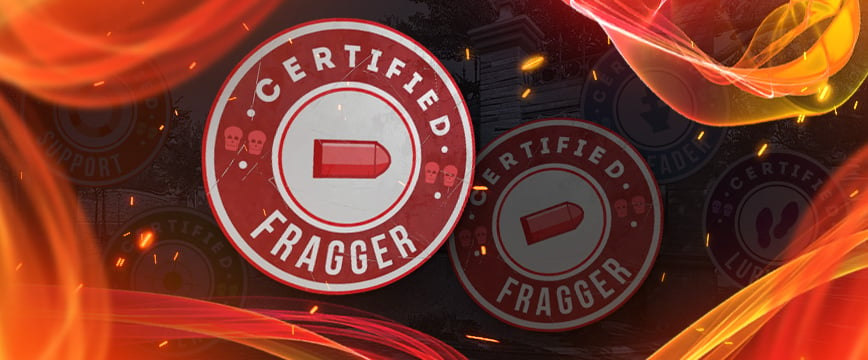The Insight Hub
Your go-to source for the latest insights and news across various topics.
From Fragging to Leading: How to Excel in the CS2 IGL Role
Unlock your potential as an IGL in CS2! Discover expert tips, strategies, and insights to transition from fragging to leading effectively.
Mastering the IGL Role: Strategies for Success in CS2
Mastering the IGL role in CS2 requires not only exceptional game knowledge but also strong leadership skills. An effective in-game leader must understand not just their own team's strengths and weaknesses but also those of the opposing team. This understanding allows the IGL to call impactful strategies that can shift the game's momentum. To excel in this role, consider implementing the following strategies:
- Communication: Establish clear and concise communication with your team to make quick decisions.
- Adaptability: Be ready to adjust your strategies based on the changing dynamics of the game.
- Game Sense: Develop a deep understanding of the game mechanics, map layouts, and enemy patterns.
Another critical aspect of being a successful IGL is fostering a positive team environment. Your attitude can significantly influence your team's morale and performance. By promoting collaboration and encouraging teammates to voice their opinions, you cultivate trust and unity. Furthermore, consider holding regular strategy sessions to refine gameplay and analyze past matches. Remember, a great IGL not only leads but also listens. In summary, to master the IGL role in CS2, focus on strong communication, adaptability, and team spirit. Investing time in these areas will enhance your effectiveness and lead your team to success.

Counter-Strike is a highly popular first-person shooter game series that emphasizes teamwork, strategy, and skill. Players can engage in competitive matches where they take on the roles of terrorists or counter-terrorists, each with unique objectives. For those looking to enhance their gameplay, understanding how to see damage done in cs2 can provide valuable insights into their performance and help improve overall tactics.
Key Traits of an Effective IGL: How to Lead Your Team to Victory
In competitive gaming, the role of an in-game leader (IGL) is crucial to a team's success. An effective IGL must possess key traits that enable them to guide their teammates through various challenges. First and foremost, communication skills are paramount; an IGL should be able to articulate strategies clearly and motivate players during high-pressure situations. Additionally, an IGL must demonstrate game knowledge, understanding not just their team's strengths and weaknesses but also those of their opponents. This awareness allows for effective counter-strategies and adaptability in gameplay.
Another vital trait of a successful IGL is emotional intelligence. Being able to gauge the morale of the team and adapt leadership styles accordingly can spell the difference between victory and defeat. This includes knowing when to be strict and when to provide encouragement. Furthermore, decision-making under pressure is a necessary skill; an IGL must make quick yet informed choices that impact the game. Lastly, fostering a collaborative environment where team members feel comfortable giving input can help cultivate a sense of unity and trust, ultimately leading to a more cohesive team performance.
Common Mistakes New IGLs Make and How to Avoid Them
Becoming a new In-Game Leader (IGL) can be an exhilarating yet daunting experience. One common mistake that many new IGLs make is failing to establish clear communication with their teammates. Effective communication is vital for relaying strategies and adapting to in-game situations. To avoid this pitfall, new IGLs should prioritize regular team meetings and encourage open dialogue. Utilizing tools like voice chats and strategic planning software can enhance understanding and coordination among team members.
Another prevalent mistake is neglecting to analyze opponents effectively. New IGLs may overlook the importance of studying enemy tactics and adapting their plays accordingly. To ensure preparedness, IGLs should dedicate time to reviewing past matches, ideally those of both their own team and their competitors. Creating a systematic approach to gather and analyze data can provide valuable insights, helping IGLs to adjust strategies on the fly and secure a competitive edge.